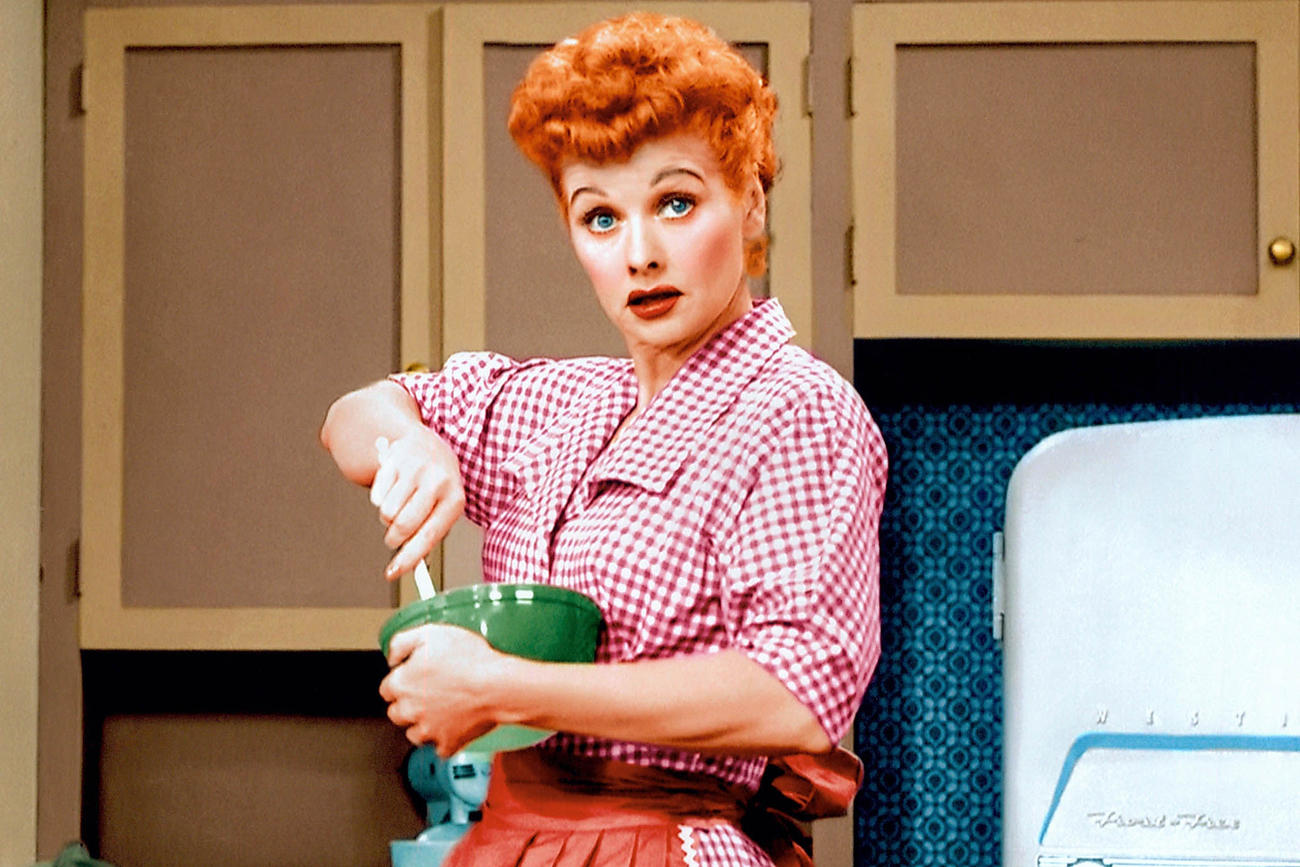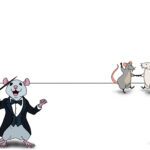
Recently, I’ve encountered a number of discussions about representation on film.
This has come up in a number of different contexts, including both in and outside of the classroom. While I believe equal representation in film is important, representation without context can be almost as problematic as a lack of representation.
As a film studies student, I have found that critical questions on subjects like equal representation come up fairly often. In a recent class, the mid-sixties exploitation film Faster Pussycat Kill Kill, was discussed for its potentially harmful representation of female agency.
What I discovered when talking to classmates in an activity, is that the presentation of representation is just as important as its existence. In this film, female agency is punished by death, hardly a positive end for a supposedly empowering film.
This leads me to think of the Bechdel test. For those of you who are unfamiliar, the Bechdel test is a test relating to the portrayal of women on screen. Films can only pass if there are two female characters who talk to each other and they also must talk about something other than a man.
On the surface, this test is a great idea. Classic Hollywood films are notorious for not being able to even pass these simple criteria. However, the test doesn’t shine so bright when you realize that films like Twilight pass this test.
Personally, I struggle to think of Twilight as a positive or empowering film for any group except for maybe vampires. If you were to delve deeper into the list of films that pass this test you’ll find other problematic examples.
It’s becoming apparent to me that testing film purely on what I’ll call ‘surface’ representation is flawed. More recent popular films, like Power Rangers, market themselves on having a diverse cast of characters. Yet in a film like this, their differences are glossed over, a surface difference is evident but that doesn’t advocate for deeper change.
Hollywood lying and using these elements to sell a film is no new thing, but the harm of presenting representation and diversity in a film that portrays women and people of colour in a problematic light is a covertly harmful.
A pet peeve of mine is when people evaluate a film purely on its level of representation. I know a number of people who believe a film can be terrible because it lacks representation from a specific group.
This is why I believe that representation in film should always aim to be within a specific context. Films should make it their goal to incorporate challenging story elements that make the audience think critically about issues such as race and sexuality.
A perfect example of this is Moonlight. The film’s main cast is made up of African-Americans, and the film itself centres on a young gay African-American man and his experiences with interacting an ignorant world. It’s a beautiful movie in many ways and it uses its cast as a vehicle to explore these deeper issues.
An antithesis to Moonlight would probably have to be something like the Bad Boys films. The two main characters in the franchise are played by very successful African-American actors.
While this is an excellent demonstration of how actors of different races can star in a financially successful film, the movie is deeply problematic for its representation of other people of colour.
Specifically for its stereotypical portrayal of Latino characters and its harmful depiction and derogatory sentiments towards homosexuality.
I think the base problem within surface representation in film is the deception of equality.
Studios and financial backers use diversity as a way to sell films to certain audiences.
Hollywood lying and using these elements to sell a film is no new thing, but the harm of presenting representation and diversity in a film that portrays women and people of colour in a problematic light is a covertly harmful.
While I still believe that representation and diversity in film are crucial, as film audiences we must remember that context can make a world of difference.







Leave a Reply
You must be logged in to post a comment.